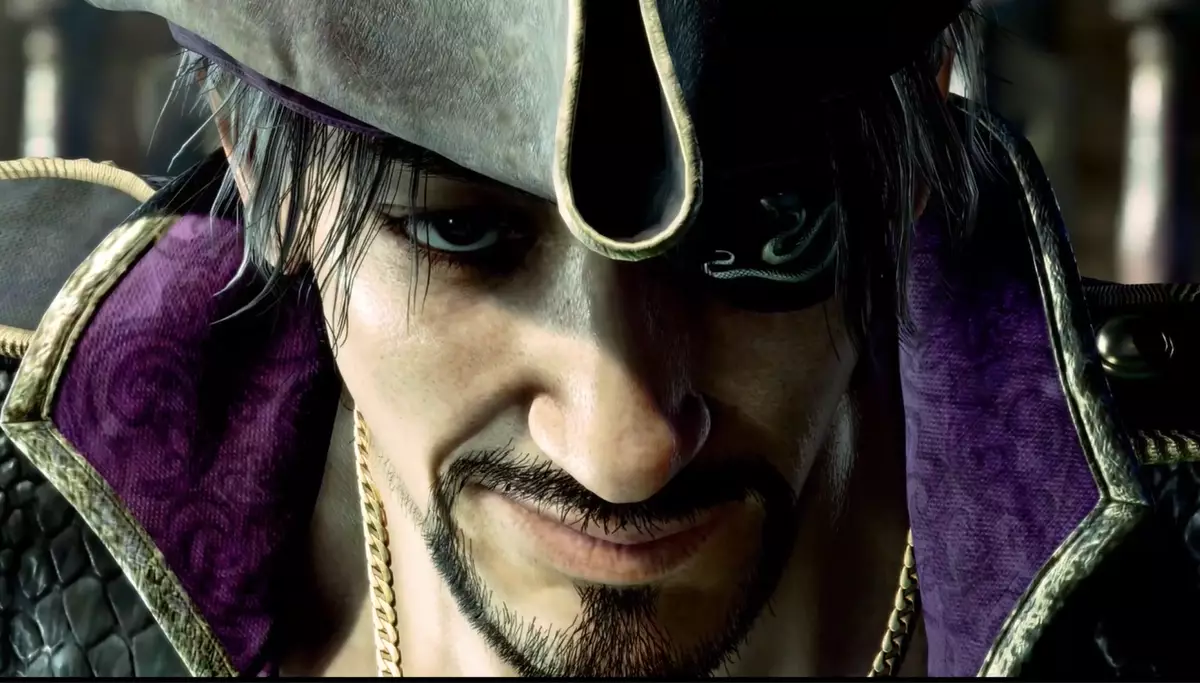The development of video games often remains obscured from public view, yet the behind-the-scenes processes can be equally engaging as the games themselves. In a recent interview, Yutaka Ito, the technical director of the Like a Dragon series, divulged crucial insights regarding the internal dynamics that enable the Yakuza series to flourish consistently. One of the key takeaways from his discussion emphasizes the structured but decentralized approach adopted by the development teams. With a workforce of around 40 to 50 programmers, the team is organized into specialized sections focusing predominantly on core game aspects, including adventure mechanics, battle systems, and engaging minigames.
This modular design allows different segments to operate somewhat autonomously while still aligning with the overall goals of the game. Such a division of labor fosters an environment where each unit can tailor its methods of programming to fit specific needs, ultimately leading to greater efficiency and innovation. This sort of segmented structure taps into the strengths of each programmer, enabling them to contribute effectively without becoming mired in the intricacies of other sections.
In an intricate development process as seen in the Like a Dragon games, the importance of leadership cannot be overstated. Each programming module has a designated leader who oversees the various tasks within their section, ensuring that all components harmonize with the project’s intentions. This hierarchy not only aids in maintaining high productivity levels but also reinforces accountability, as each team leader is charged with meeting timelines and quality standards. As Ito indicated, this orchestrated teamwork is fundamental to the successful delivery of large-scale games that are characteristic of the Like a Dragon series.
Moreover, this system supports collaboration among new and seasoned programmers, enabling a culture of mentorship. Teams can benefit from fresh perspectives while still tapping into the insights and experiences of established members. This duality cultivates a creative atmosphere that encourages growth and fosters innovation.
The sentiment expressed by Tomoaki Nakamura, programming section manager, further cements the nurturing environment within Ryu Ga Gotoku Studios. He highlights the achievements of new programmers, emphasizing that having their names appear in the credits of a game early in their careers can significantly boost their motivation. This supportive atmosphere not only inspires novice developers to persist in their craft but also reinforces a cycle of mentorship, as upcoming talents learn from and build upon the legacies of their predecessors.
The approach taken by Ryu Ga Gotoku Studios serves as a testament to their dedication to both quality and community within the industry. It transforms the development process into a thriving ecosystem where creativity, efficiency, and teamwork converge. As the gaming landscape continues to evolve, methods like those employed in the Like a Dragon series may serve as effective models for other development teams striving for success in a competitive arena. In this way, the behind-the-scenes mechanics not only enhance the experience of players but also contribute to the growth and development of new generations of game designers and programmers.

